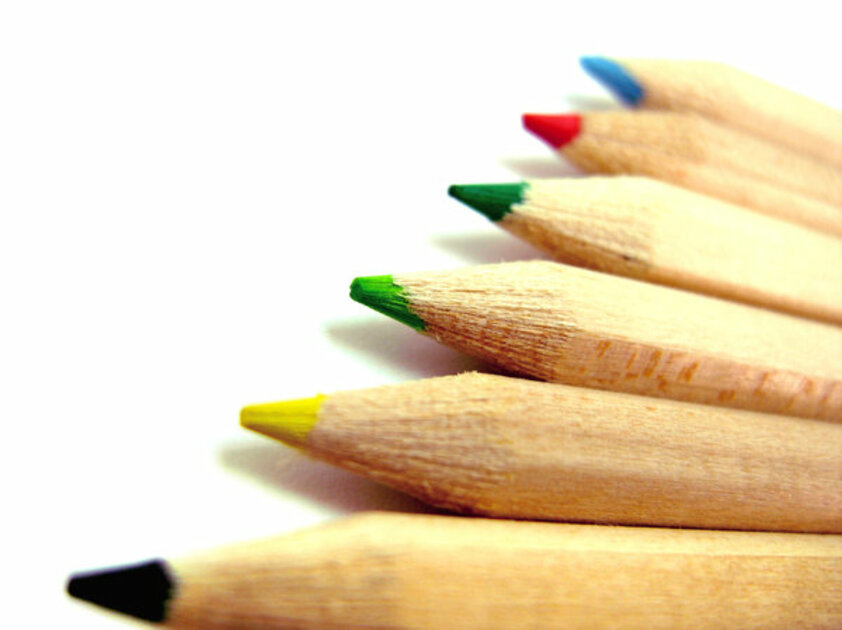
This Gemara discusses Kameyos and perhaps it is A good idea to have a better understanding about these unusual objects. It is an inescapable fact that for thousands of years Jewish people, and also people from other religions have used various amulets and charms with material written on them. I cannot comment on what other religions use them for or if they have validity or permissibility, however in Jewish thought we see they are used. The question is what are they?
It would seem that what is written inside a kameya is some kind of written instruction, perhaps even an oath, that compels angels in charge of a particular naturalistic sphere to obey or desist. Apparently, since this is not actual prayer as in beseeching the angel as a deity nor is it magic as in somehow or another controlling forces through demonology, it is permissible. After all, when we ask a friend to do something for us, or even compel a friend to do something for us it is not considered like we are praying to them nor is it considered idolatry. Apparently, if we ask an angel to do something for us not as a supplication in prayer, perhaps it is permissible. In actuality, we do this very thing every friday night when we sing Sholom Aleichem - we ask the angels to bless us.
There is a Teshuva from the Geonim that tells us the following:
æˋææˋ æææ æææ´ææ æˋæææææææ æÂææˋææ æææ ææÊæ ææ æˋææ æ´ææææ ææææ æ æÎæ´ææææ æ´æˋææˆ ææææÂææ. ææææ æ ææˆæææˆ æÏæææÂææˆ ææ æææ´ææ æˋæææˆ ææææææ æææ æˋææÂææ´æ æææææææ ææææ´
That there are some things the angels do according to their own judgement and do not need permission from above. Therefore amulets are written and the names of angels are said to help the angels in the matter.
(373, Zichron LaRishonim, compiled by Rav Avraham Eliyahu Rachavi - can be found on Hebrewbooks.org id# 21195)
Rambam Moreh I:61
æææ ææÂææ ææææˋææˆæ æˋææÂææ æææˆææ æ'æÏæææææˆ' æææ æˋæˆæˋææÂææ æææ ææ æˆææÎæææ ææÀæÊæ´æææ æææˋææ ææ ææˋæææˆ æææ´ææ ææ æææ´æ æÂæ æÂæ ææ ææˋææ æÊæ ææ æææÏæ´ææ æææˆæ 'æˋæææˆ' ææææˋææ æˋææ æÎæ´ææææ 'æÏæææˋæ ææææ´æ' ææˋææ ææÂæˋæ æ æÊææææˆ - ææ æææ æææ´ææ ææ ææææˆ ææææ æˋææ ææˋææÂæ ææ æˋææ æˋæææææ æ
You must beware of sharing the error of those who write amulets (kameot). Whatever you hear from them, or read in their works, especially in reference to the names which they form by combination, is utterly senseless; they call these combinations shemot (names) and believe that their pronunciation demands sanctification and purification, and that by using them they are enabled to work miracles. Rational persons ought not to listen to such men, nor in any way believe their assertions.
æææææ´ æææ´æÇæ æææÇæ æÏæÂæ:ææ
æææÂ"æÊ ææ'. ææ´ææ"æ ææ"æ ææÊæ' æææˋæ æ ææÊ"æ ææÂææææˆ ææææææ æææ ææ æææææ æææ´ææ æææÏæ æÂæææ æˋææ´æ ææ´ææ æææˋææ æ æææ´æ ææææ´æ ææææ æ ææˋæ æææ´ ææÊæææÀææÊææ ææææ æ' æˋææˋæÊææ ææˋæææˆ ææææˋææ ææˋæææ ææÏæææÂææˆ æææ æææ æˋæÏæ´ æææ æææ´ æææ æææˆæ æÂæ æÏææÏææ æˋææ´æ ææÎææ æ ææ´ææ ææÂæˋæææˆ æææ' æÂ"æ æˋæææˆ æææˋæÊææ æææ´æ ææææ æææˆæ æææÀæ´æˆæ æææ´ææ æææ´æ ææ' (æˋææˆ æÊ"æ æ' æææææ æÏ"æ æ') æææÀæÊ"æ æææˆææˆ ææææ´ææˋæææ æˋæ æÂææææ ææ´"æ ææ´"æ æææ ææˆææ´æ æææ æ´"æ ææ´"æ æææææ´æ æÂææææ æˆæææˆæ ææ´' ææææˋæ ææææ´ æˋæ ææææÏæææ æææ æˋæææ æææ´æÂæ (ææææ´ææˆ æ' æ') æææ ææææˋæ ææ æÎæ´æææ (æÀæ æææ´ææ æÎ"æ æ') æææ´ææ ææææÎæ ææææ´æ (ææÀæÊ"æ æææˆææˆ æææææ æ' æ') æææ æ æÏæ´æ æˋææ ææˋæÊææ ææ'. æææˆææ´æ ææÂæææ æææææ æˆæ ææ ææ ææÂ' ææææ´ æˋæ æææ æÏæææÂææ æææ´ææ ææÏææææˆ ææææˋææ æ´ææ æææÀæÊæ´. æææÊææÀææÊææ æææˆæ ææ´ææ ææÏææ ææÊæ´æˋ ææææ´æ æææ æææ´æ æææÎææ æææÂæÏææ´ æææˆæ ææÊæˋææ ææ"æ æææ æ æææææ æææ æææ æææ æææ æææææ æ æææ ææ ææææ´ææ ææ ææÊæˋææ æææ æˋææˋ æææ æÊæ æææææˆ ææ æÊæ æææææˆ æˋæ ææÂææ ææÊæææÀææÊææ æˋææ ææÎææ æææˆ æææ æˋæ ææÂææ ææææˆ:
Gra says Rambam was fooled by the mesmerizing words of the philosophers. The Gemara believes in the power of these amulets and incantations and there is a deep meaning within them. We see that Judaism has a richness of opinions that are often hotly debated, and there is room under the umbrella of authentic Judaism from the greatest of authorities to be more rational or more mystical as your intellectual and emotional instincts instruct you.
for Video Shiur click here to listen: Psychology of the DAF Eruvin 97

 Previous
Previous
